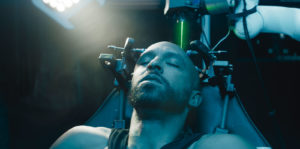
The future is now and in your face in the pilot episode of the dark cyberpunk noir series RZR, created by David Bianchi. The series is written by Bianchi and Daniel J. Pico. This first episode was directed by Yuri Alves.
It takes place not too long from now in a storm cloud of a dystopian sci-fi civilization. It delves into the “torn from today’s headlines” subject of implanted tech inside the human mind. We meet Grimm (David Bianchi), who has developed the breakthrough cranial processor and is determined to test it on himself.
His attempt to self-Frankenstein doesn’t go well, setting him up with a never-ending painkiller habit to deal with the wounds. His pathway through the expressionistic shadow maze of his yesterdays and tomorrows begins here. Who knows how far into the circuity of the secrets of the night it extends?
I am astonished by the production value this indie project achieved. This doesn’t just look good. It looks better. Director Alves manages to fulfill a promise Ridley Scott made four decades ago on a fraction of the budget. This is the first time since 2019, the year Blade Runner was set, that I feel like the Los Angeles location rises to the cyberpunk nightscape we were expecting.
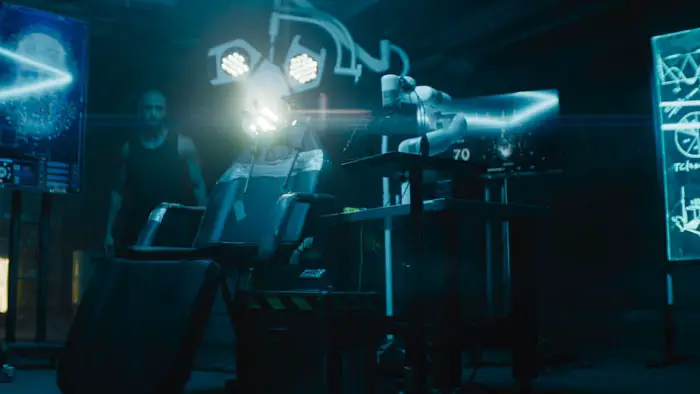
“His attempt to self-Frankenstein doesn’t go well, setting him up with a never-ending painkiller habit…”
The production design by Emily Peters and art direction by Emily Ward weaves a nightmare vision of tomorrow seamlessly into the streets of today. Never has techno-sprawl looked so organic or hard-edged. All of this is delivered with pitch-perfect nocturne compositions by cinematographer Matthew Plaxco. The lighting catches the neo-noir atmosphere to a biogenic T. And the razor laser editing work by Ryan LeMasters adds the beat and the drive to a highly polished work. Only in the indie arena can something this science fiction look so utterly tangible.
RZR is just as much a heavy drama as it is a far-flung fancy of doom. This means it has considerable intellectual muscle flexing behind the black curtain of the neo-noir side of this hybrid. The theme mines the sweet cups when noir’s chocolate meets sci-fi’s peanut butter.
RZR goes into the vast existential territory that is core to both genres in their literary tradition. Here the bleak fatalism of David Goodis dances with the deconstructive constructions of Philip K Dick. It asks what happens when we no longer know where the human ends and the machine begins. We may not like the answers.
Bianchi is a formidable noir lead for this, as his brand of gritty is the genuine goods. I was getting both a cosmic weariness saddled with the determination of a dead-end cruiser. And casting its spell over everything is the mesmerizing score by Adrien Prevost, adding just enough to get this one glowing in the dark. This is definitely a series I want to see the next seven of. RZR is a shiny piece of darkness that keeps heading deeper.
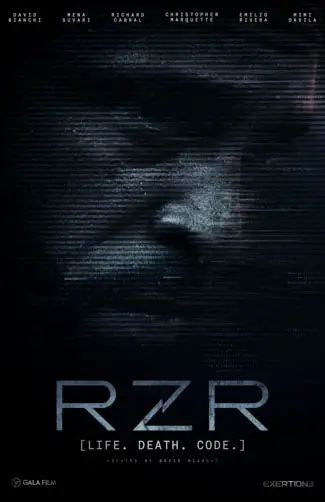
"…weaves a nightmare vision of tomorrow seamlessly into the streets of today."
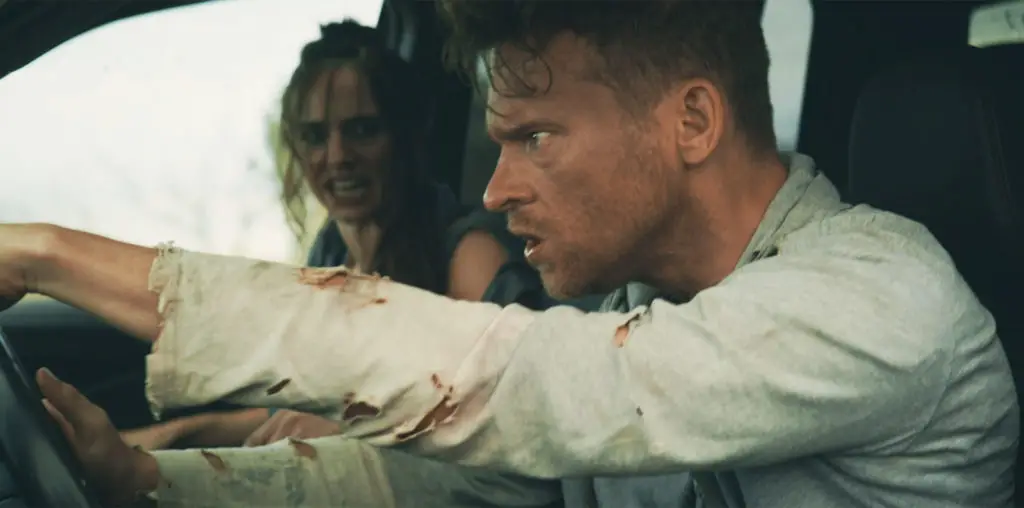
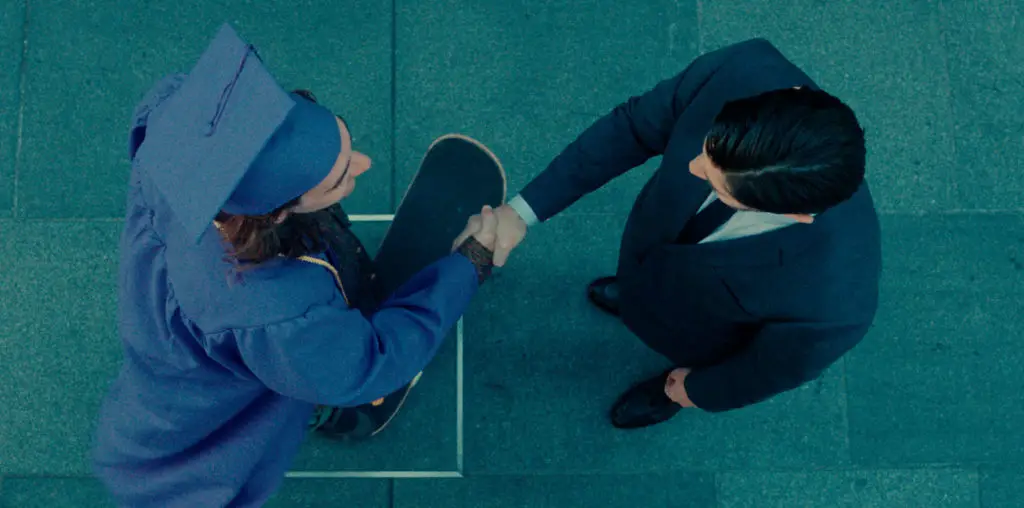
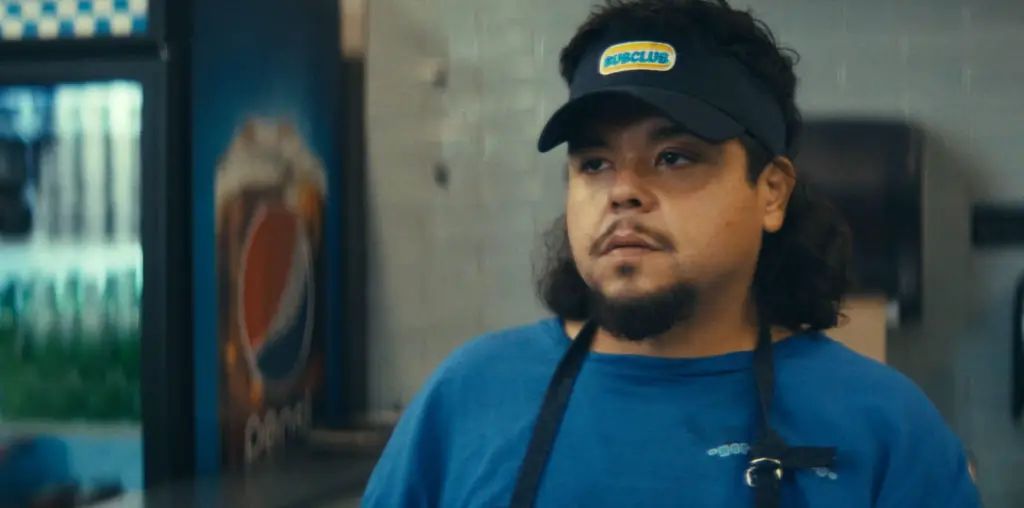
what a thorough review. I have watched this episode and didn’t come close to getting out of it what you did. impressive.